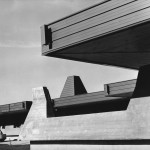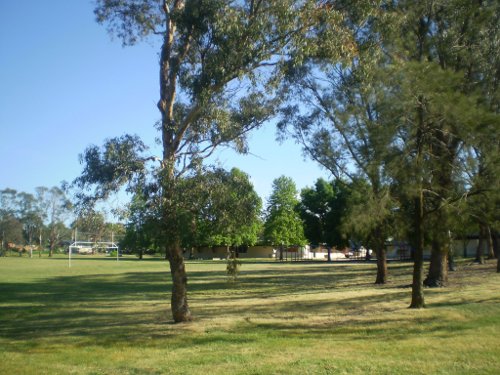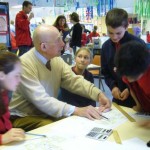It was bittersweet news for many ACT communities this week when the Chief Minister announced a consultation on how to consult, almost three years exactly after the Government began its infamous consultation on plans to close 23 government schools.
The school closure process, currently the subject of a Standing Committee Inquiry, was universally condemned as ‘how not to consult’, and was widely regarded to be one of the issues that triggered the massive slump for Labor at last year’s ACT election.
The School Closures Inquiry has attracted a record number of submissions for an ACT Assembly Inquiry, and if the vast majority of submissions is anything to go by, there are serious consultation lessons to be learned and mistakes to rectify.
If the ACT government is now genuine about its desire to improve consultation then it could do well to listen to and act upon these concerns that continue to burn brightly three years on.
Much of the continuing anger is over the integrity and legality of the school closure consultation process and the way in which the Education Minister and his department apparently disregarded what people were saying.
Submissions to the Inquiry document a litany of failures such as: there was no sound evidence-base for the closures, data relied upon were seriously flawed, there was no analysis of social impacts or costs and benefits, and the consultation process was disingenuous, inadequate and did not meet basic requirements of the Education Act or the government’s community engagement guidelines.
The lack of trust in this process has been reinforced by the continued secrecy around the Costello report and a vast number of other documents that could give some insight into why schools were selected for closure. Many of the 20,000 documents sought through Freedom of Information requests were blacked out or not released at all.
The only conclusion that can be drawn from this secrecy is that releasing these documents would be devastating to the government and any claims it had about a fair school closure process.
During intense cross-examination at the School Closure Inquiry, the Education Minister was unable to provide any evidence that he carried out the necessary assessment of social impacts.
That schools were wrongfully closed no longer seems to be in question. The question now is: ‘what can and should be done, one or two years down the track?’
In answer to this, a key point to emerge from the Inquiry has been the compelling case and evidence put forward by several communities for the re-opening of schools.
In particular, the Flynn Parents and Citizens together with the John Flynn Community Group, has presented an innovative proposal for a viable co-operative school, childcare and inter-generational community centre to restore Flynn heart, heritage and only community facility. Importantly, the plan meets the pressing needs of the area and can be implemented with little, if any, additional expenditure.
Education Minister Andrew Barr, in his presentation to the Inquiry, still maintained no wrongdoing and was adamant that no schools would be re-opened even if the Inquiry were to recommend this. Unfortunately, the continued refusal of the Minister to regard community views and evidence sends an ominous message for future consultation processes.
This behaviour suggests that the latest consultation on how to consult is probably no more than an exercise for government to be seen to address the issue that drew so much criticism and voter backlash during the last term. If the government asks people about preferred consultation methods, but does nothing else to address the key issues, then it will be a cynical process.
By Roger Nicoll, President of the Flynn Primary School P&C Association
Published by The Canberra Times, 5 June 2009, p. 21 as ‘Blurred view in ways to consult’



